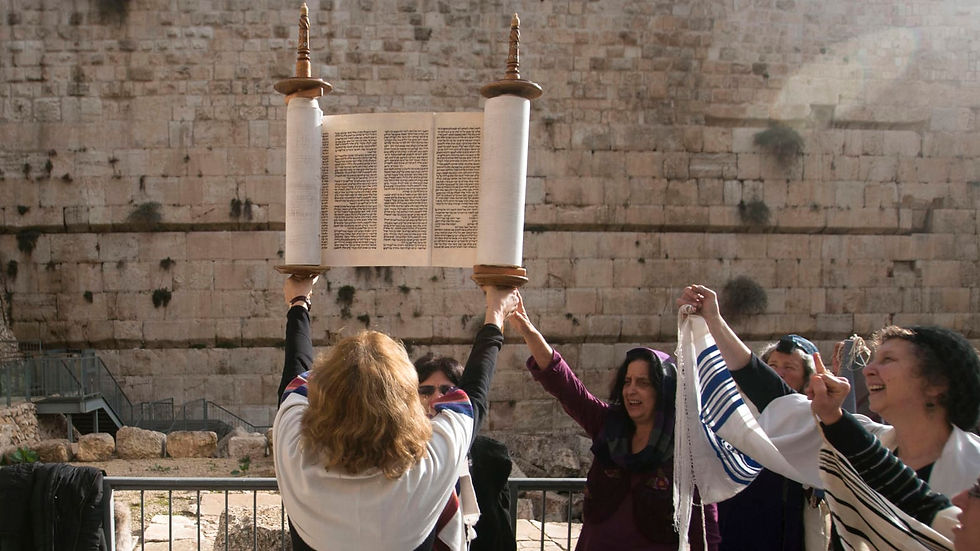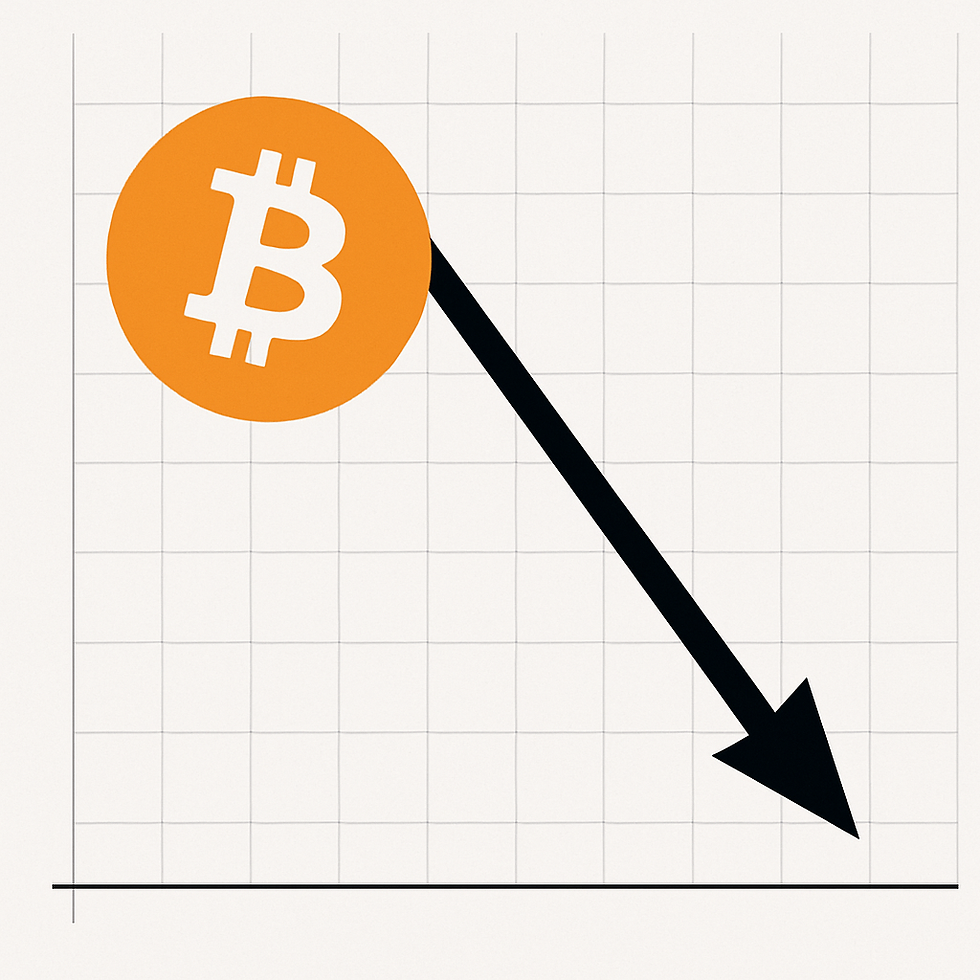Challenging the Activities of Women of the Wall: A Balanced Perspective
- WireNews

- May 21, 2023
- 3 min read
Updated: Oct 13, 2024
by Ram ben Ze'ev

In recent years, the Women of the Wall (WOW) movement has garnered significant attention for its efforts to challenge traditional practices at the Kotel, (or the Western Wall) in Jerusalem. While their objective to promote gender equality in religious spaces is commendable, it is important to critically examine their activities and consider the potential consequences they may have on the delicate religious fabric of this Holy site.
The Kotel holds immense historical and religious significance for Jewish people. It is revered as the last standing remnant of the Second Temple and has been a place of worship for generations. The traditional practices and customs associated with the Kotel hold deep-rooted religious and cultural value for many. The activities of the Women of the Wall, however well-intentioned, risk disrupting these long-standing traditions.
Respecting religious pluralism is crucial in any free society. The Kotel has long been a space that accommodates various Jewish religious expressions, allowing both men and women to pray in accordance with their respective customs. The WoW movement, however, seeks to introduce practices that challenge the existing customs and impose their interpretation of religious observance. While freedom of expression is essential, it should not infringe upon the rights of others to practice their faith in accordance with their own traditions.
The Kotel is considered a unifying symbol for Jews worldwide, transcending denominational and cultural differences. The activities of the Women of the Wall risk exacerbating existing tensions among various Jewish groups. The movement's confrontational approach can foster division rather than fostering unity among Jews, ultimately undermining the harmony and cohesion that the Kotel represents.
The Kotel is not only significant for Jews but also holds importance for other Nations. The WoW movement's activities may be misinterpreted or seen as a challenge to the status quo by other religious communities, leading to unnecessary tensions and conflicts. It is vital to approach religious spaces with sensitivity and respect, recognizing the diverse perspectives that coexist.
---> Follow on Twitter/X @rambenzeev and read all of RAM's articles on X
While the WoW movement advocates for equal access and participation for women at the Kotel, it is worth noting that there are already designated areas for prayer that cater specifically to women's needs. Adjacent to the Kotel, there is the Robinson's Arch area, where women are allowed to pray according to their customs. Instead of insisting on changing the existing practices at the main Kotel plaza, the WoW movement could focus its efforts on enhancing and improving the alternate spaces already available.
The activities of the Women of the Wall have often resulted in legal conflicts and tensions with the Israeli government and religious authorities. The Israeli Supreme Court has tried to find a balance between accommodating the WoW movement's demands while maintaining the status quo. However, these legal battles risk undermining the authority of religious institutions and can create further animosity between different stakeholders. It is essential to respect the legal framework while seeking social and religious change to ensure stability and harmony.
While the Women of the Wall movement aims to challenge gender inequalities in religious spaces, it is crucial to consider the potential consequences of their activities. Preserving religious traditions, respecting pluralism, maintaining unity, and fostering interfaith relations are all vital aspects that must be taken into account. By engaging in constructive dialogue, seeking alternative spaces, and respecting legal frameworks, the WoW movement can contribute to a more inclusive and harmonious religious environment without undermining the rich historical and cultural significance of the Kotel. It is only through a balanced approach that we can navigate the complexities surrounding religious practices and promote meaningful change.
###
Bill White (Ram ben Ze'ev) is CEO of WireNews and Executive Director of Hebrew Synagogue








